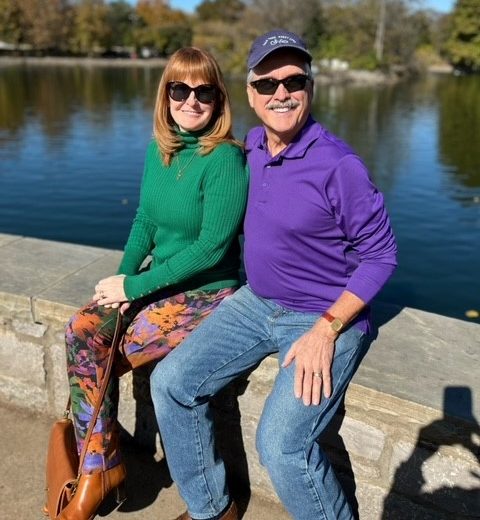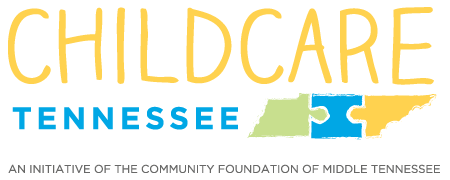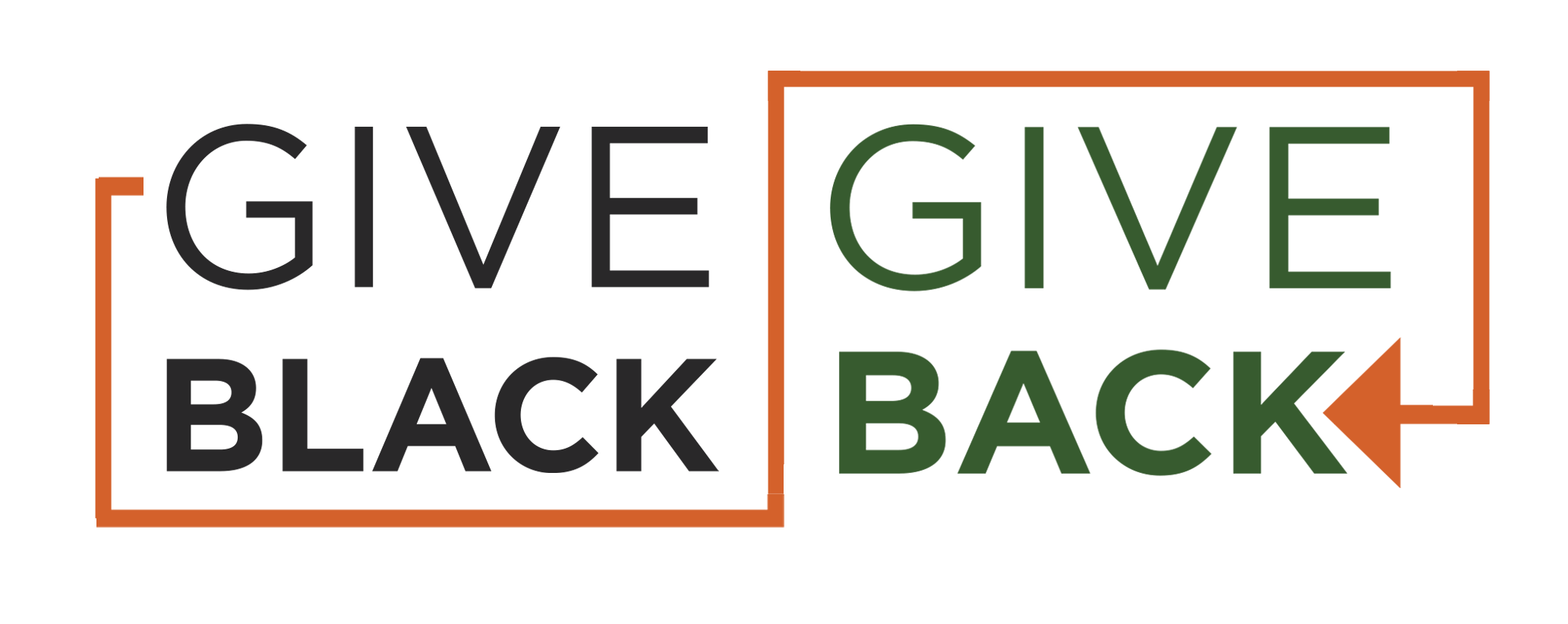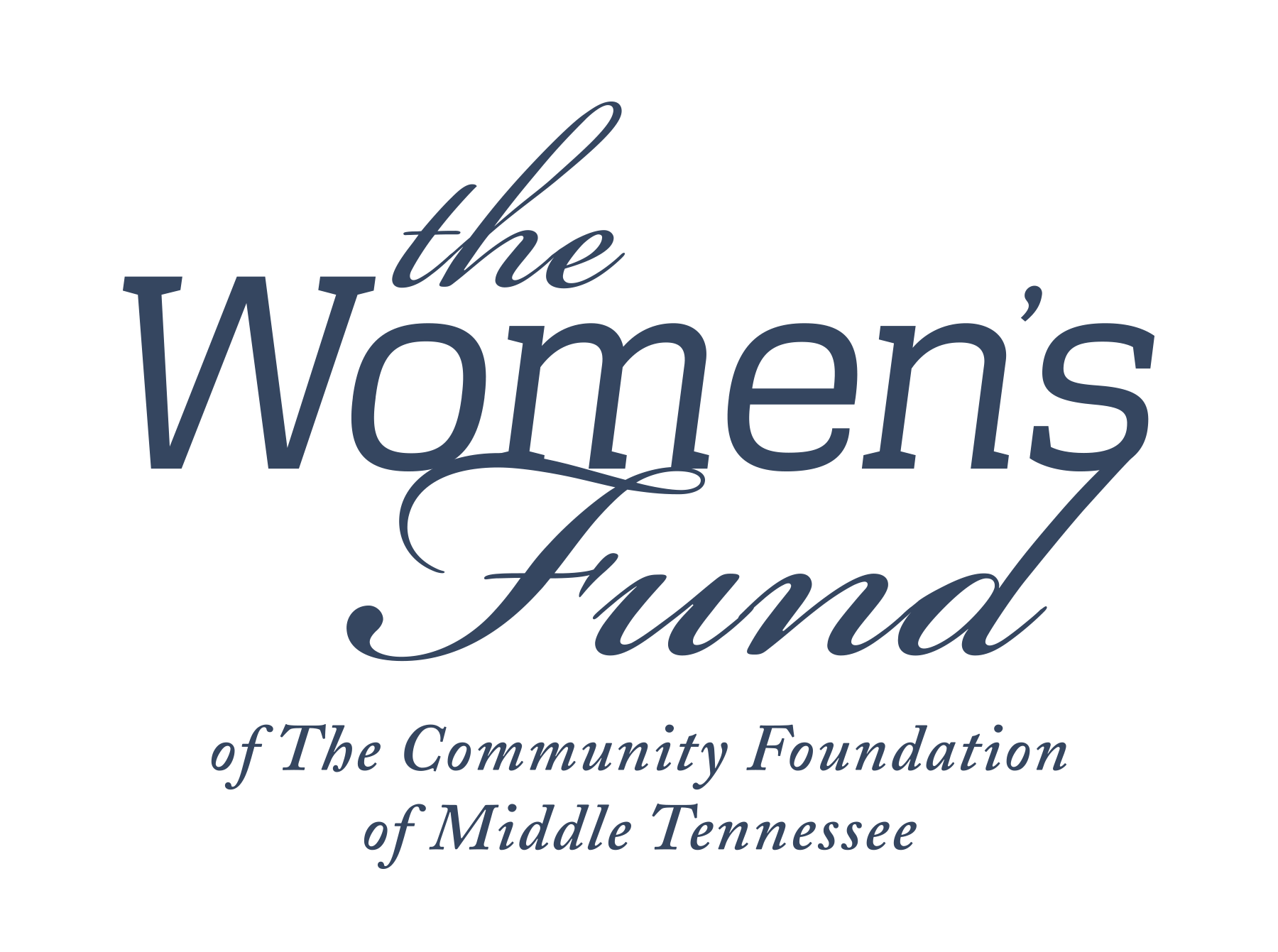Medical debt can touch anyone.
An insidious and uniquely American problem, it affects nearly 1 in 4 people in this country, according to Axios, and can be a daunting hole to climb out of for anyone carrying debt. Jan Babiak, an independent director and global business leader with over 30 years in P&L management, technology, ESG/Climate Change, cybersecurity, regulatory, and finance, and a longtime donor at the Community Foundation of Middle Tennessee, knows this all too well.
Raised in a blue-collar family from Oklahoma, Jan worked hard from a young age for what she had, becoming self-supporting at age 17. While at University, she had a serious medical emergency, and even with medical insurance, she wound up in severe medical debt, three times her annual income.
“My family was right there by my bedside, but financially, no one could do anything,” says Jan. “Everyone coming from that background was working hard and just living from paycheck to paycheck.”

Even though she was weighed down by the stress of debt, school, and overcoming a health crisis, Jan did not sit on the debt; she worked hard and, over time, paid it all off. However, for many Americans, the quicksand of medical debt is too strong to pull away from, as 66.5% of bankruptcies in this country are caused by its tenacious grasp, according to RetireGuide.com. The number of Tennesseans with medical debt ranges from 10-43% per county.
Jan’s battle with medical debt didn’t end when she beat it, however.
Jan was not only raised with the spirit of the blue-collar, hard-working mentality, but she was also raised to be generous, no matter how much she had.
“I grew up that way,” says Jan. “My first allowance was a dime, really enough to buy a candy bar, and I tithed 10% of that.” As the years and amount of pay increased, tithing 10% remained the same. When she married a man, now husband Brian Babiak, raised with similar values including those related to giving back, where to give became a joint decision.
So years later, when Jan was told about an organization doing incredible work to bring justice to the healthcare system, it only made sense she continued to fight medical debt, this time for others .

A Source of Justice in an Unjust Healthcare System
RIP Medical Debt is dedicated to being “A source of Justice in an unjust healthcare system.” Using data analytics, they can find and relieve the debt of those most in need: households that make less than four times the federal poverty level or whose debt is 5% or more of annual income. For every $1 that is donated, $100 goes to the debt relief of a person in need. Since its inception, RIP Medical Debt has relieved over $10 billion for over 7 million people.
Although Jan was initially skeptical that any organization could leverage $1 to $100, she did extensive research and found it was legit. She and Brian knew they had to get involved.
“They’re doing great work for humanity,” says Jan. “I feel very good about every dollar we give them. When they call a person or family after buying their debt from the hospital, they tell them, ‘Your debt has been forgiven.’ As a person of faith, those words resonate with me.”
Another amazing aspect of Rip Medical Debt is it allows organizations to set up and run giving campaigns, whichallows Jan to give money to faith-based organizations running campaigns that go to RIP Medical Debt.
This kind of flexibility in giving that allows donors to be involved and feel good about the difference their money is making is what Jan and Brian love about CFMT.
When they were looking for a new place to open a charitable fund after moving back to the U.S. from London their banker introduced them to CFMT, and the Babiaks opened The Jan & Brian Babiak Donor Advised Fund, from which they have given generously to a multitude of causes.
“It is such a great way to manage and be intentional with your giving, “says Jan. “It’s very flexible, which allows us to be strategic when planning out donations.”
From a humble dime allowance to giving benevolently to end the scourge of medical debt, Jan and Brian’s generosity has been and will continue to be a force for good.






